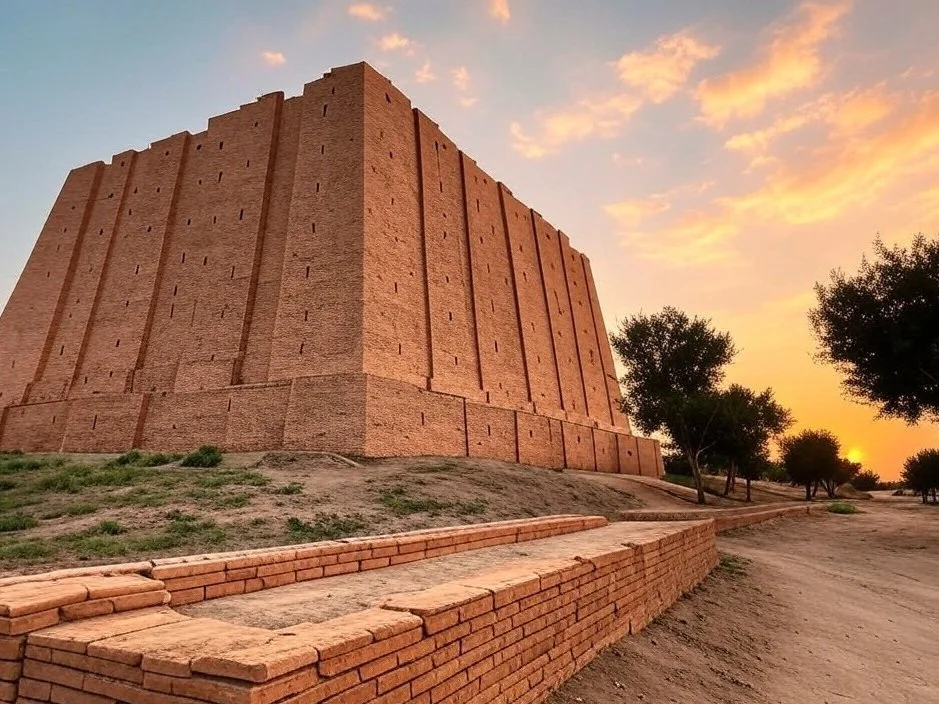Introduction
The Great Library of Alexandria, often hailed as one of the most significant repositories of knowledge in the ancient world, has captivated historians, scholars, and enthusiasts for centuries. Its history is a blend of documented facts and enduring myths, particularly concerning its destruction. This investigation delves into the origins, significance, and eventual fate of the Library of Alexandria, separating fact from fiction and exploring its lasting impact on the preservation and dissemination of knowledge.
The Origins and Significance of the Library of Alexandria
Founding and Early Development:
Ptolemaic Dynasty: The Library of Alexandria was established in the early 3rd century BCE during the reign of Ptolemy I Soter or Ptolemy II Philadelphus, as part of the larger Mouseion (Temple of the Muses) complex.
Mission and Collection: The primary mission of the Library was to collect all known works of human knowledge. It aimed to house a comprehensive collection of texts from Greek, Egyptian, Hebrew, Persian, and other cultures, translated into Greek.
Scope and Influence:
Scholarly Hub: The Library attracted some of the greatest minds of the ancient world, including Euclid, Archimedes, and Eratosthenes. It became a center for scholarly research, where intellectuals engaged in various fields such as mathematics, astronomy, medicine, and literature.
Cultural Exchange: The Library facilitated cultural exchange and intellectual dialogue, fostering a cosmopolitan environment in Alexandria, a city at the crossroads of civilizations.
The Destruction of the Library: Separating Fact from Fiction
Common Myths:
Julius Caesar's Fire: One popular myth attributes the Library's destruction to Julius Caesar during his siege of Alexandria in 48 BCE. According to this account, Caesar's forces set fire to the harbor, which inadvertently spread to the Library. However, historical evidence suggests that while a portion of the Library's collection may have been damaged, the institution itself likely survived.
Christian and Muslim Destruction: Other myths suggest that the Library was destroyed by Christian mobs in the 4th century CE or by Muslim conquerors in the 7th century CE. These accounts are largely discredited by modern historians due to lack of concrete evidence.
Historical Realities:
Gradual Decline: The decline of the Library of Alexandria was more likely a gradual process rather than a single catastrophic event. Factors contributing to its decline included political instability, economic difficulties, and the shifting priorities of successive rulers.
Partial Losses: Over centuries, parts of the Library's collection may have been lost due to neglect, natural disasters, or deliberate acts of destruction during periods of conflict. However, the exact timeline and extent of these losses remain unclear.
The Lasting Impact of the Library of Alexandria
Knowledge Preservation:
Textual Transmission: The Library's efforts to collect, copy, and translate texts played a crucial role in preserving ancient knowledge. Many works that survived into the medieval period and beyond owe their transmission to the scholars of Alexandria.
Standardization of Texts: The Library's scholars engaged in the critical editing and standardization of texts, which influenced the development of literary and scientific traditions.
Intellectual Legacy:
Scholarly Traditions: The Library established a model for future libraries and academic institutions. Its emphasis on comprehensive collection, scholarly research, and intellectual exchange set a precedent for the pursuit of knowledge.
Interdisciplinary Research: The Library's interdisciplinary approach to learning, where scholars from various fields collaborated and exchanged ideas, laid the groundwork for modern academic practices.
Cultural Impact:
Symbol of Knowledge: The Library of Alexandria has become a powerful symbol of the quest for knowledge and the importance of preserving cultural heritage. Its legacy continues to inspire efforts to protect and disseminate knowledge in the face of adversity.
Modern Libraries and Institutions: Contemporary libraries and academic institutions often draw inspiration from the Library of Alexandria, striving to emulate its mission of comprehensive knowledge collection and dissemination.
Conclusion
The Great Library of Alexandria stands as a testament to the enduring human desire to seek, preserve, and share knowledge. While its history is shrouded in both fact and myth, its significance as a center of learning and cultural exchange is undeniable. The Library's legacy continues to influence modern approaches to knowledge preservation and intellectual inquiry, reminding us of the profound impact that such institutions can have on the advancement of civilization. As we continue to uncover the truths about the Library of Alexandria, its story remains a powerful reminder of the importance of safeguarding our collective intellectual heritage.







